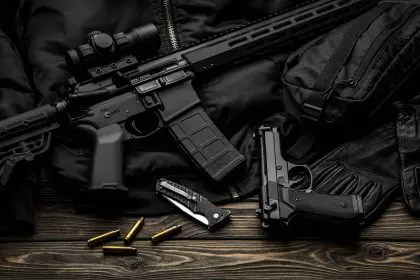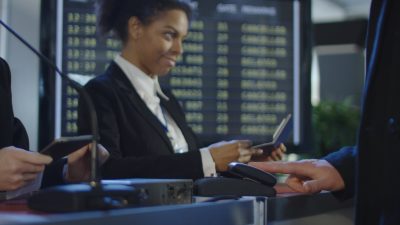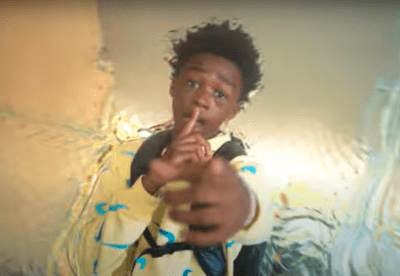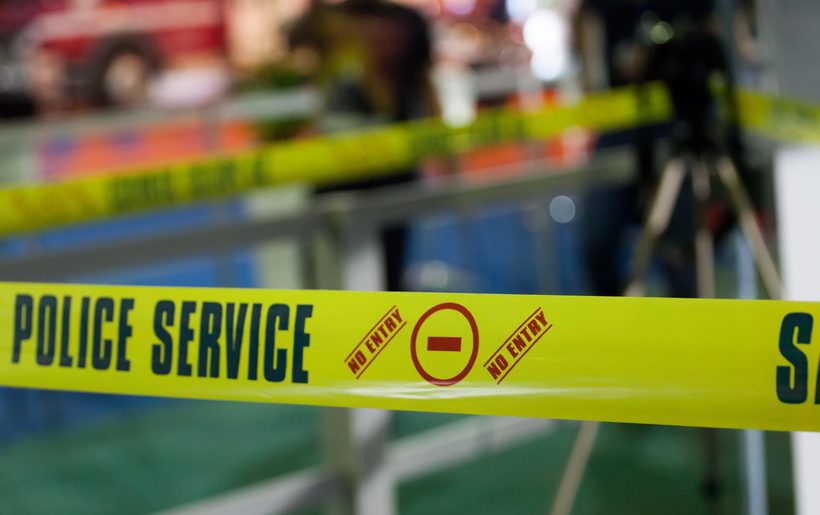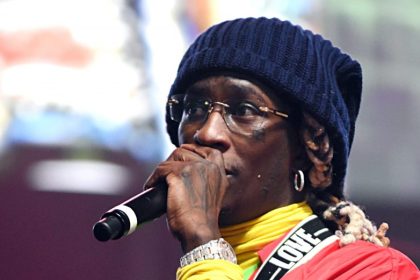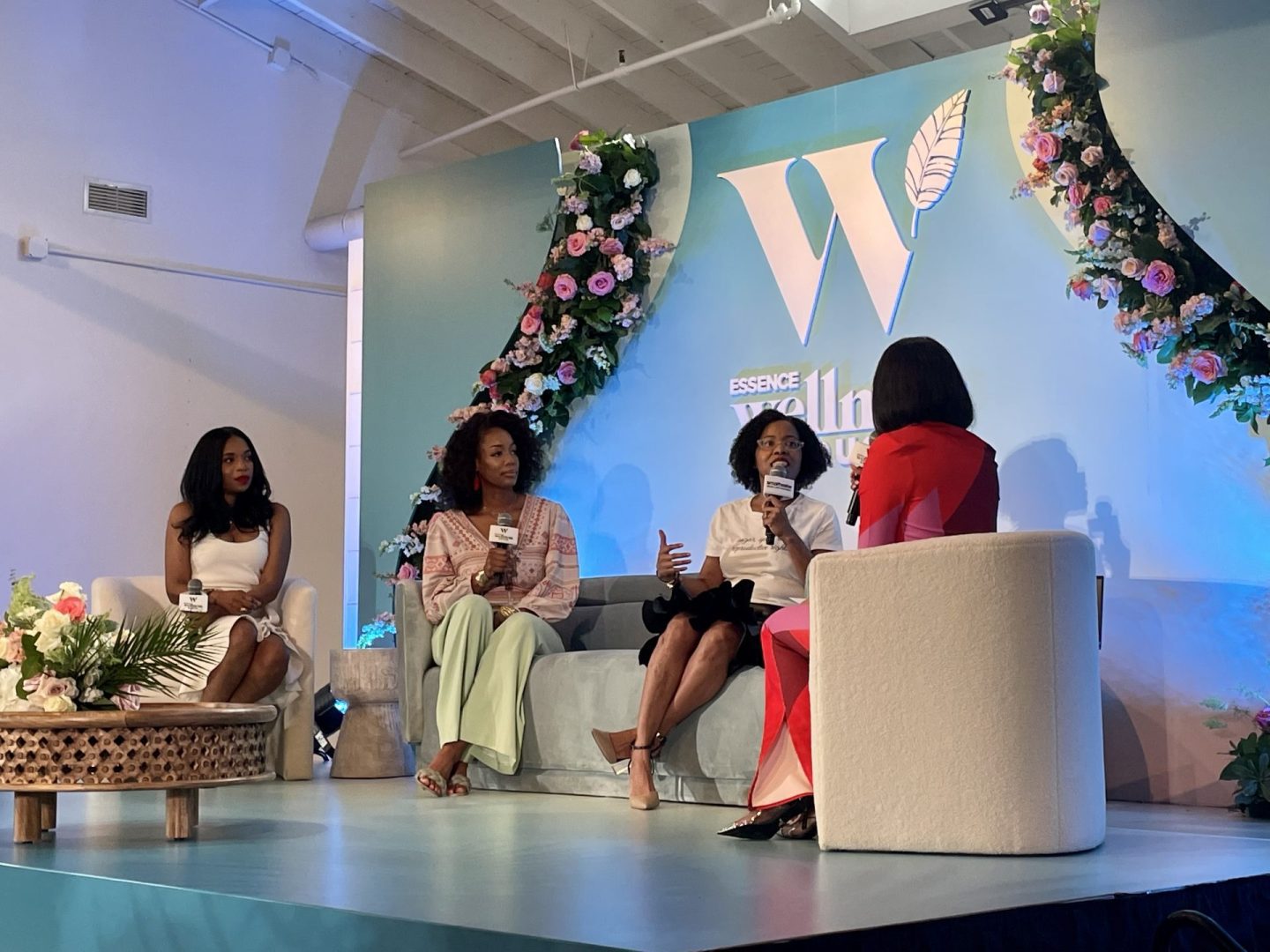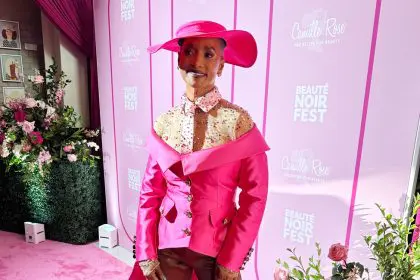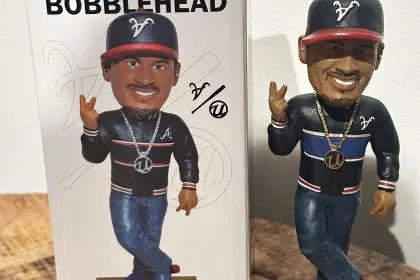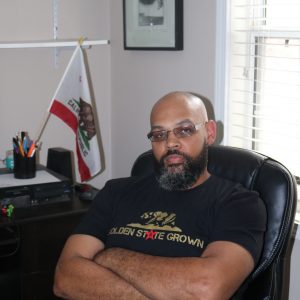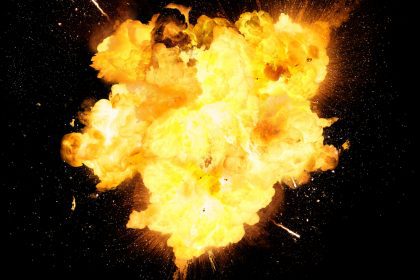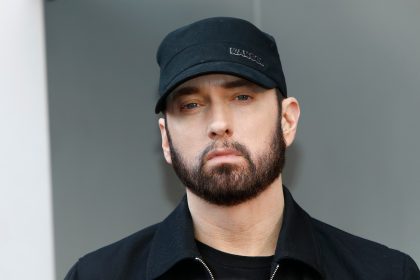
As a proud Spelman College graduate and an entertainer in and around the city for more than two decades, Avery*Sunshine is about as Atlanta as red clay. Interestingly enough, the Chester, Pennsylvania-born songstress pondered leaving soon after claiming her bachelor’s degree. With an opportunity on the table that presented an alternative outlook of sunny skies, palm trees and beaches, she had her sights set on California — Los Angeles, to be exact.
“I was going there. I was going, and then I ended up … getting pregnant and then getting married and, you know, life happens,” she shares.
As a full-time student and divorced mom, life, for Avery, extended beyond her wants and needs.
“Before there was an Avery*Sunshine, it was me and my two little people,” she offers. “I was shooting, working and in school, raising these two little people by myself.”
For what it’s worth, career-wise, she hasn’t missed a beat.
An early influence on the neo-soul movement that discovered fellow breakout artists India Arie and Erykah Badu before her, Avery*Sunshine is a true pioneer. Given her deft ability to play the piano (she begged her mother for lessons at 8 years old) and religious background, there aren’t many genres she hasn’t covered.
“I’m a great entertainer,” she says with a hearty and confident chuckle. “We all bring our thing, and I love what I do. I know that probably sounds crazy, but it’s the truth. I am working on, you know, having the Muhammad Ali mindset.”
It’s that mindset that likely brought Avery*Sunshine and the Riverfront Jazz Festival together. With recording artists who include Raheem DeVaughn, Tito Puente Jr., Will Downing, Hiroshima, Benny Golson, Leela James, Jonathan Butler, Oleta Adams, Roy Ayers, Bilal, Nancy Wilson, Mike Phillips and a host of others including Avery*Sunshine, the three-day festival is a mature celebration of Black song – right up her alley – even though she’s not exactly a jazz artist.
“It’s really interesting that a lot of festivals call themselves jazz festivals and they have everybody [involved],” she reasons. “I’m still honored to be a part of it. … I wish I could get into jazz. I can’t play it to save my life. I am definitely a listener when it comes to jazz.
“However, it’s in my DNA. … I do get it in that respect, when they call it a ‘jazz festival,’ because it is. We created it. It is who we are. So, in that respect, I absolutely acknowledge that piece of me.”

